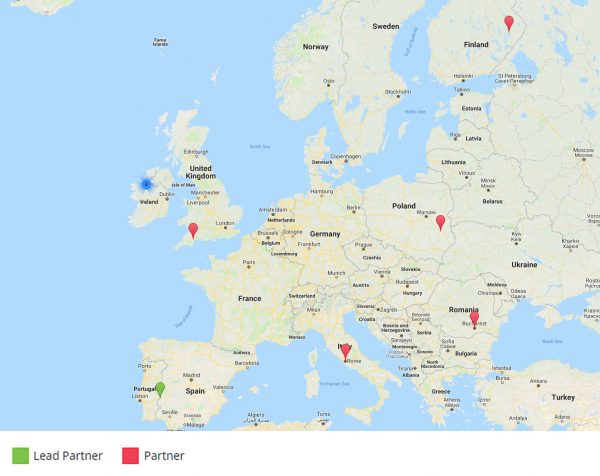The agricultural sector accounts for almost 10% of greenhouse gas emissions in the EU, mainly for food production and transport. While there is an enormous potential to produce renewable energy on farms due to the availability of wind, sun, biomass and agricultural waste, important barriers and challenges still remain.
Recent studies have proven that the main barriers identified by farmers to produce renewable energy are: complex permits and subsidies’ procedures, high investment costs, limited access to credit and doubts about profitability. Subsidies and feed-in tariffs are a key factor in encouraging farmers to shift towards a more environmentally friendly production and use of energy.
The EU’s rural development policy helps the rural areas meet economic, environmental and social challenges, and it shares objectives with other ESIF funds. MS and regions draw up their rural development programmes based on the needs of their territories, and addressing some of the common EU priorities. At least 30% of funding for each RDP must be dedicated to measures relevant for the environment and climate change.


